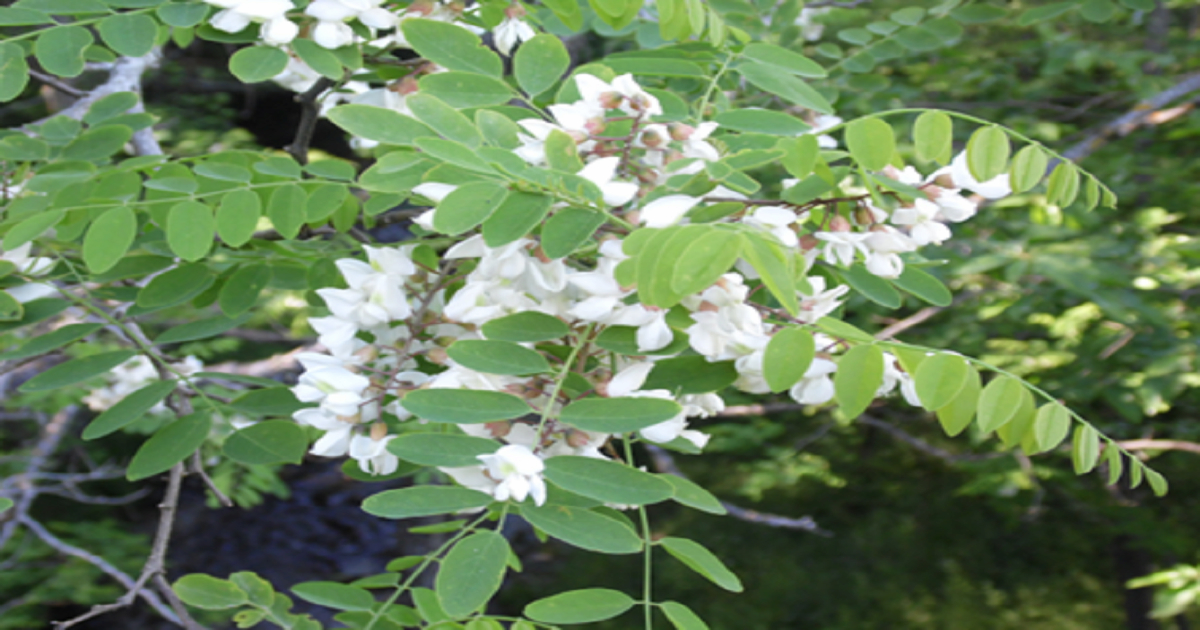Invasive Alien Plants: Issues and Perspectives
A special issue of Diversity (ISSN 1424-2818). This special issue belongs to the section "Plant Diversity".
Deadline for manuscript submissions: closed (31 August 2025) | Viewed by 370

Special Issue Editors
Interests: biodiversity; habitat; flora; vegetation; plant communities; phytosociology conservation biology; species diversity
Interests: botany; flora; vegetation; habitat; landscape; forests; botanical garden; parks; green cities; mangrove; Quercus; Pinus; Juniperus; Dominican Republic; Cuba
Special Issues, Collections and Topics in MDPI journals
Interests: botany; vegetation; plant communities; plant ecology; conservation biology
Special Issues, Collections and Topics in MDPI journals
Special Issue Information
Dear Colleagues,
Biological invasions of non-native, or alien, species are considered to be one of the most direct and significant causes of biodiversity loss and ecosystem alteration on a global scale. Invasive alien plants (IAPs) represent one of the most emblematic and obvious causes of landscape, biocenosis and ecosystem transformation. The spread of invasive species homogenizes the composition and structure of biological communities, reducing ecosystems’ functioning and resilience.
This phenomenon has increased over time and has grown exponentially, especially in recent decades, due to factors such as population growth, average temperatures, increased nitrogen deposition and, more generally, the intensification of trade and mass tourism on a global scale. The climate is an important controlling factor of the whole process, and climate change favours biological invasion phenomena.
Currently, the process of globalizing the market leads to a continuous increase in new introductions. Consequently, an increased risk of invasive alien plants can be expected.
This Special Issue provides an opportunity to present new research on PAHs. Topics of interest include factors influencing or determining their invasiveness, their distribution and threats to habitats and ecosystems and their impact on biodiversity depletion. Vegetation studies documenting transformations resulting from the spread of IAPs in plant communities and habitats are appreciated, provided that they are carried out in a broader context to interest a wider group of researchers. Review articles on the mentioned research topics are also welcome, especially if they provide or utilize new knowledge on the processes in which invasive alien plants are involved. Therefore, this Special Issue provides a platform to present new and concise research on these relevant topics, which will serve as a basis for innovative ideas and as a baseline for the future.
The contribution of scientific knowledge is crucial in order to monitor the invasive potential of naturalized alien plants, to understand dispersal patterns and invasion mechanisms and to help find solutions to counter the spread of IAPS.
Prof. Dr. Giovanni Spampinato
Dr. Carmelo Maria Musarella
Dr. Ricardo Quinto Canas
Guest Editors
Manuscript Submission Information
Manuscripts should be submitted online at www.mdpi.com by registering and logging in to this website. Once you are registered, click here to go to the submission form. Manuscripts can be submitted until the deadline. All submissions that pass pre-check are peer-reviewed. Accepted papers will be published continuously in the journal (as soon as accepted) and will be listed together on the special issue website. Research articles, review articles as well as short communications are invited. For planned papers, a title and short abstract (about 100 words) can be sent to the Editorial Office for announcement on this website.
Submitted manuscripts should not have been published previously, nor be under consideration for publication elsewhere (except conference proceedings papers). All manuscripts are thoroughly refereed through a single-blind peer-review process. A guide for authors and other relevant information for submission of manuscripts is available on the Instructions for Authors page. Diversity is an international peer-reviewed open access monthly journal published by MDPI.
Please visit the Instructions for Authors page before submitting a manuscript. The Article Processing Charge (APC) for publication in this open access journal is 2100 CHF (Swiss Francs). Submitted papers should be well formatted and use good English. Authors may use MDPI's English editing service prior to publication or during author revisions.
Keywords
- alien plants
- biological invasions
- biodiversity
- climate change
- biodiversity management
Benefits of Publishing in a Special Issue
- Ease of navigation: Grouping papers by topic helps scholars navigate broad scope journals more efficiently.
- Greater discoverability: Special Issues support the reach and impact of scientific research. Articles in Special Issues are more discoverable and cited more frequently.
- Expansion of research network: Special Issues facilitate connections among authors, fostering scientific collaborations.
- External promotion: Articles in Special Issues are often promoted through the journal's social media, increasing their visibility.
- Reprint: MDPI Books provides the opportunity to republish successful Special Issues in book format, both online and in print.
Further information on MDPI's Special Issue policies can be found here.







